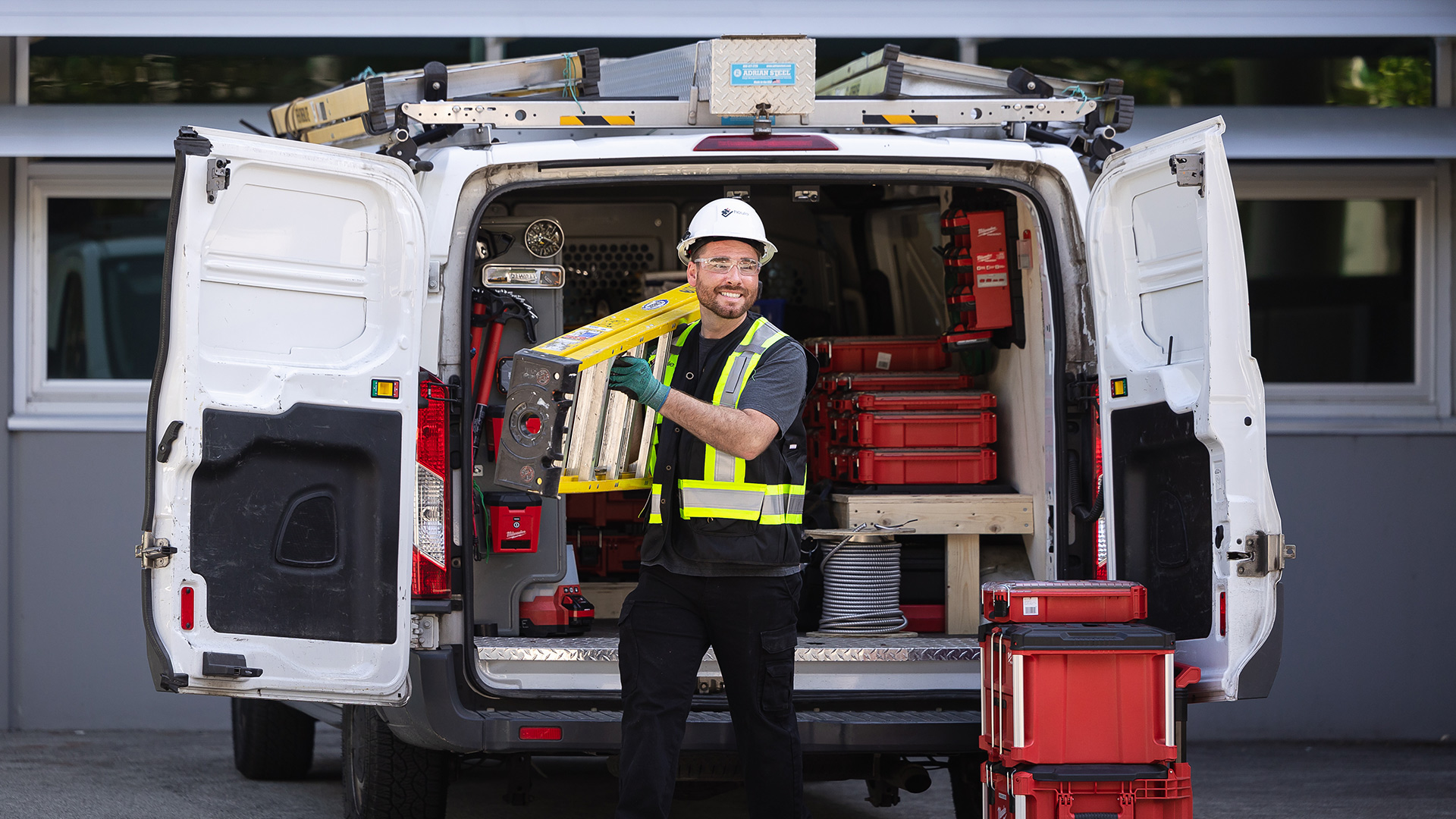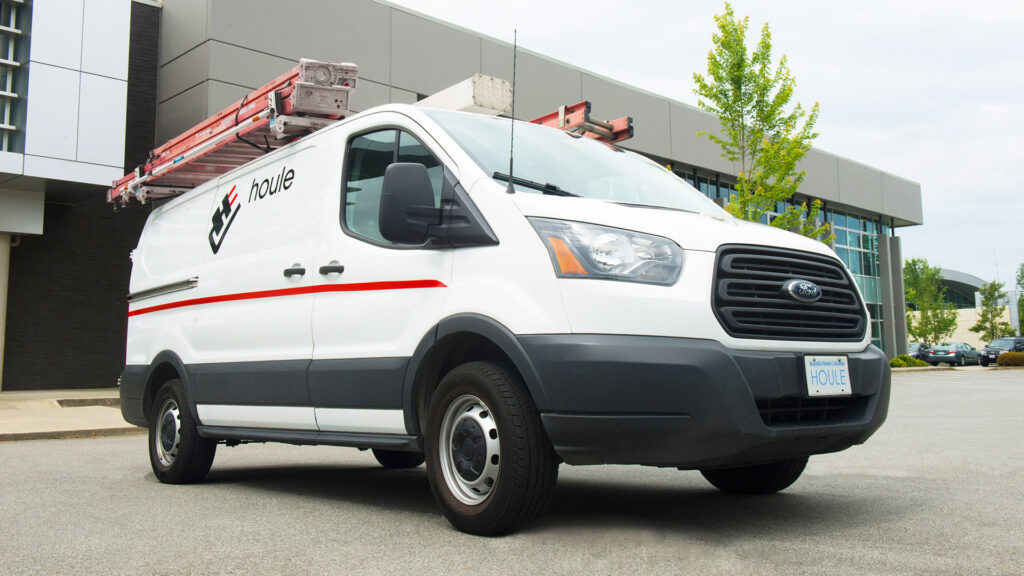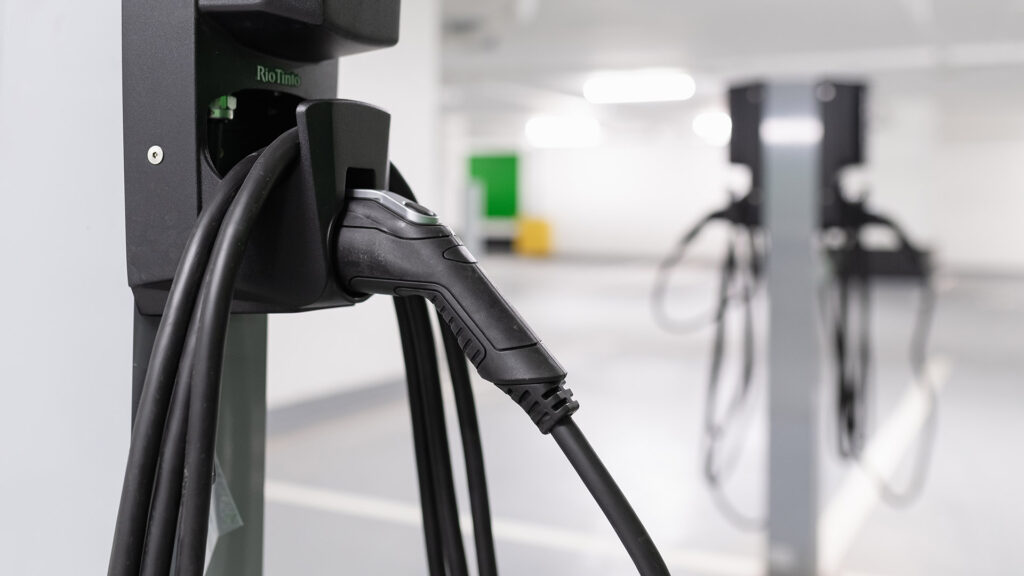Understanding your home or residential electrical service is vital for safety, efficiency, and comfort. This guide will demystify the basics of residential electrical services, helping homeowners make informed decisions about maintenance, upgrades, and compliance.
Electrical Service explained
Residential electrical service is the system that distributes electricity throughout your home, starting from the meter box where the utility company’s responsibility ends. It includes your main breaker panel, circuits, and all wiring, outlets, and fixtures.
determining your Service Size
Service size, measured in amperes (amps), indicates the capacity of your home’s electrical system. Modern homes typically require between 100 to 200 amps to safely power all devices and appliances. If your home is older, with only 60 amps, upgrading may be necessary to support today’s electrical loads and enhance safety.
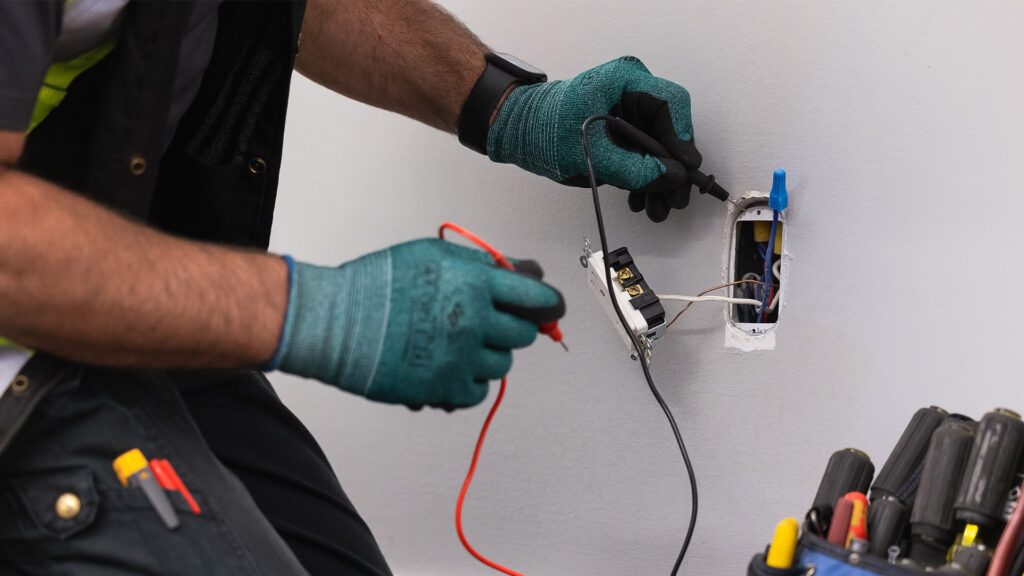
Key Components of Your Electrical System
- Service Drop: Connection point from the utility’s lines to your home.
- Meter Box: Tracks electricity usage for billing.
- Main Breaker Panel: Distributes electricity to various circuits and provides a safety mechanism against overloads.
- Circuits and Wires: Delivers power within the home and includes safety features like circuit breakers to prevent overloading and potential fires.
When to Consider an Electrical Upgrade
Signs you might need an upgrade include frequent breaker trips, flickering lights, or the addition of high-power appliances. Upgrading from 100 to 200 amps improves safety and increases your home’s value.
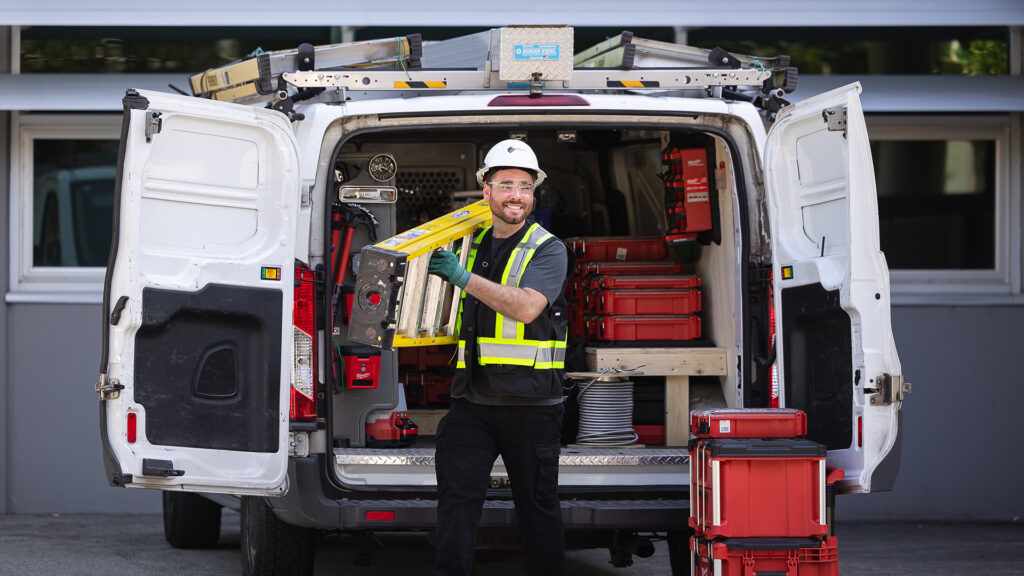
Safety Tips
- Hire a licensed electrician for any major electrical work.
- Regularly inspect and replace worn or damaged cords and fixtures.
- Avoid overloading outlets and use power strips sparingly.
- Install Ground Fault Circuit Interrupters (GFCIs) in areas exposed to moisture like kitchens and bathrooms.
Navigating Compliance and Permits:
Electrical upgrades often require permits and must comply with local building codes. This ensures safety and avoids complications when selling your home. Always check with your local building department before starting significant electrical work.

Boosting Energy Efficiency
Upgrading your electrical system can also lead to better energy efficiency. Consider integrating LED lighting, energy-efficient appliances, and smart devices that automatically manage electricity usage, reducing costs and environmental impact.
Services Mentioned
Contact us!
Every homeowner should have a basic understanding of their home’s electrical service. Whether you’re considering an upgrade or simply maintaining your current system, being well-informed will help you ensure your home is safe, efficient, and up to code. Invest in your electrical infrastructure to safeguard and enhance your living environment. Contact us for all your electrical needs!
To learn more about the residential electrical services we offer, visit here.
